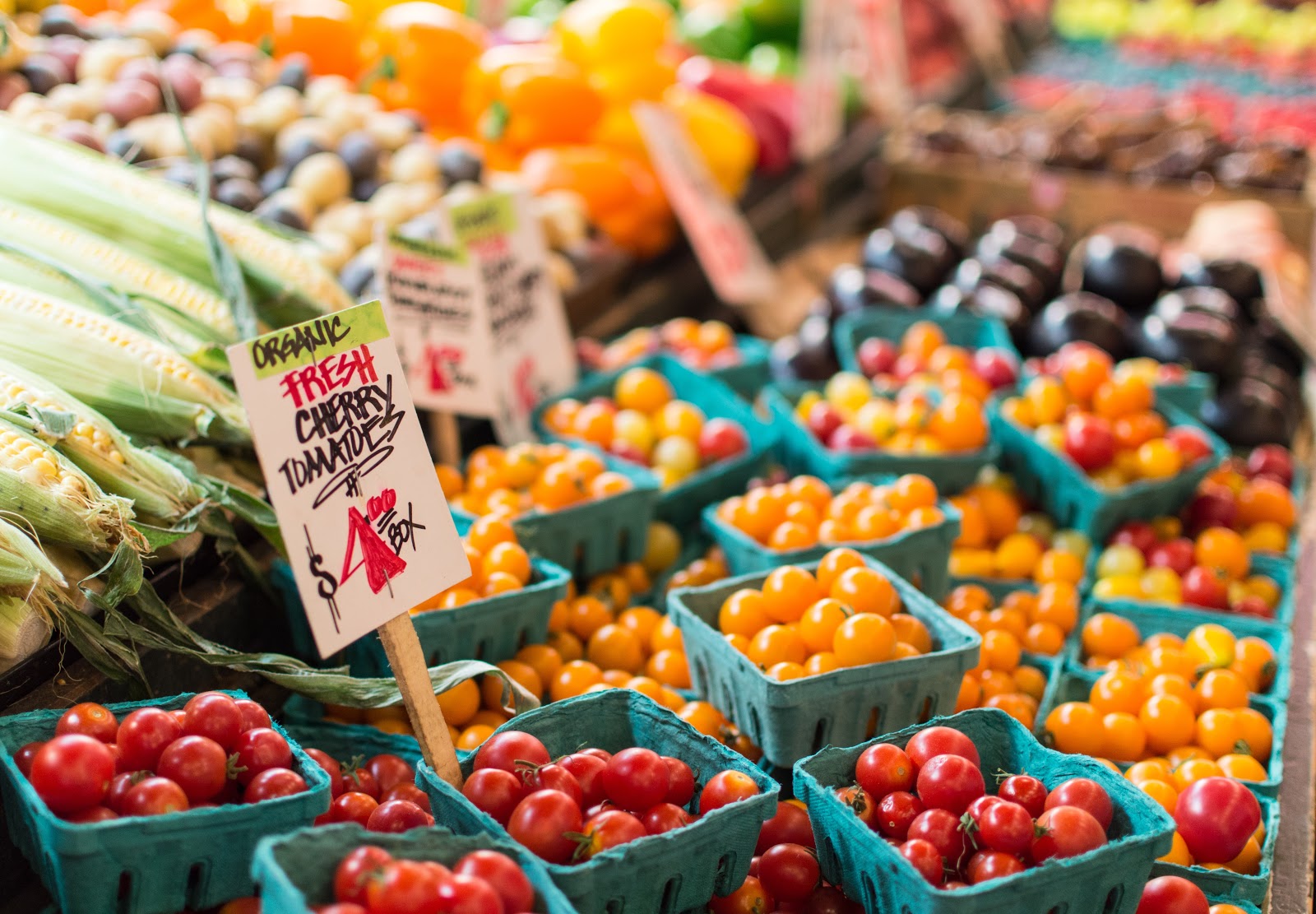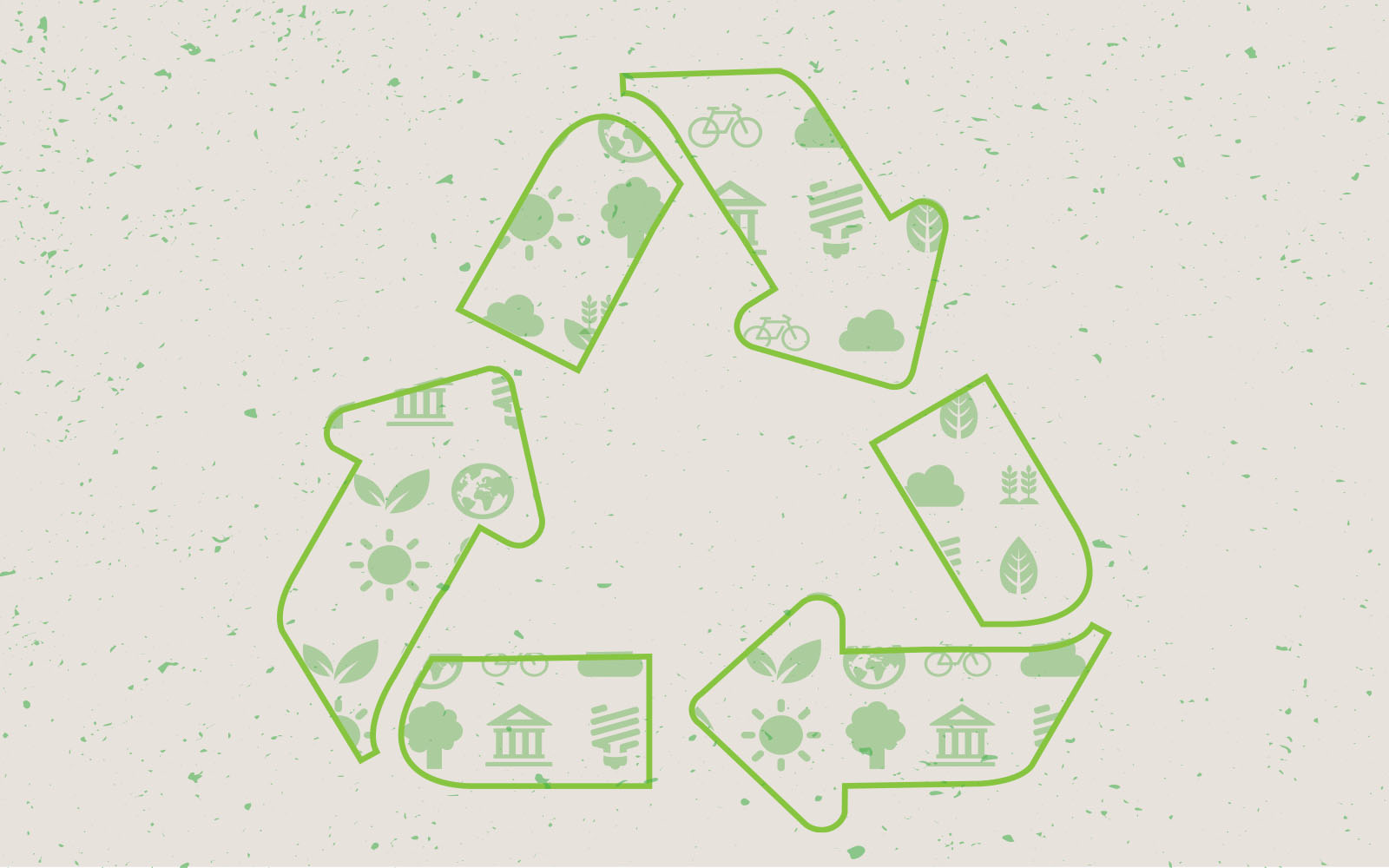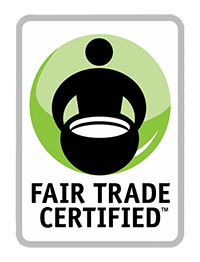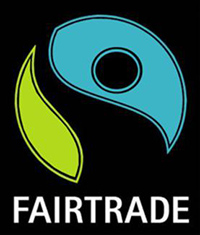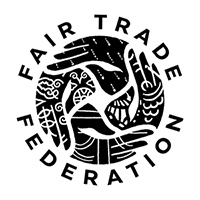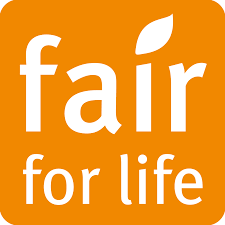Conscious Consumerism: Shopping ethically in the time of COVID-19
Looking to be a more conscious consumer in our modern shopping industry dominated by online consumption? HRC student interns offer insights, tips and tricks on how to practice ethical shopping by learning more about your favorite brands and shopping small and local.

